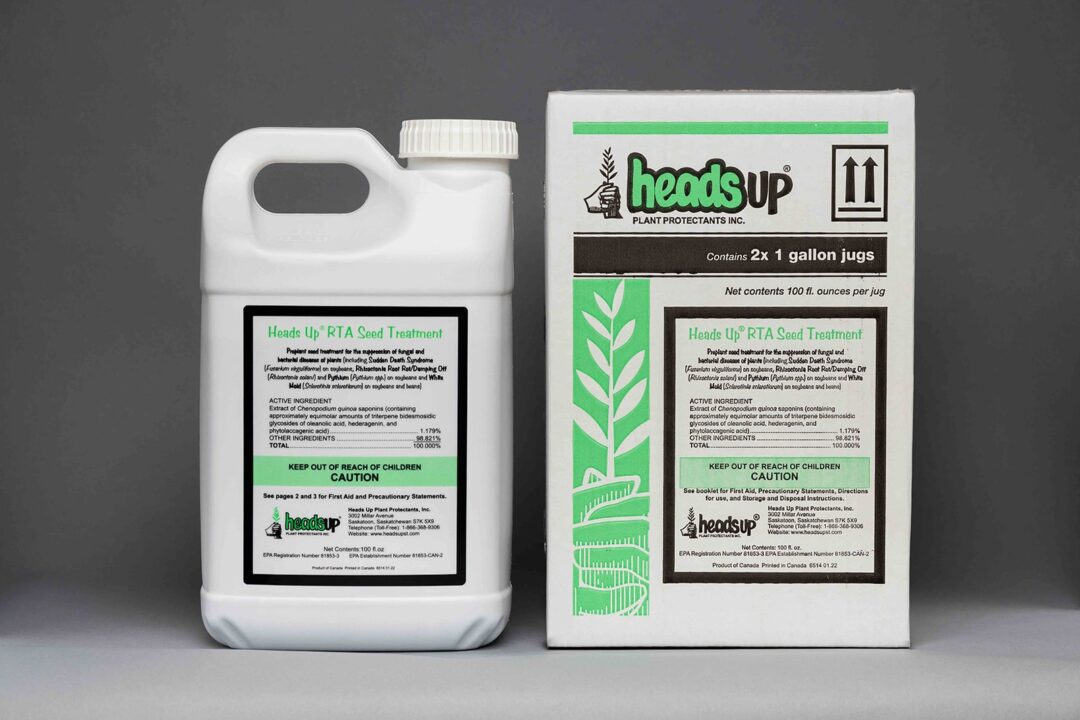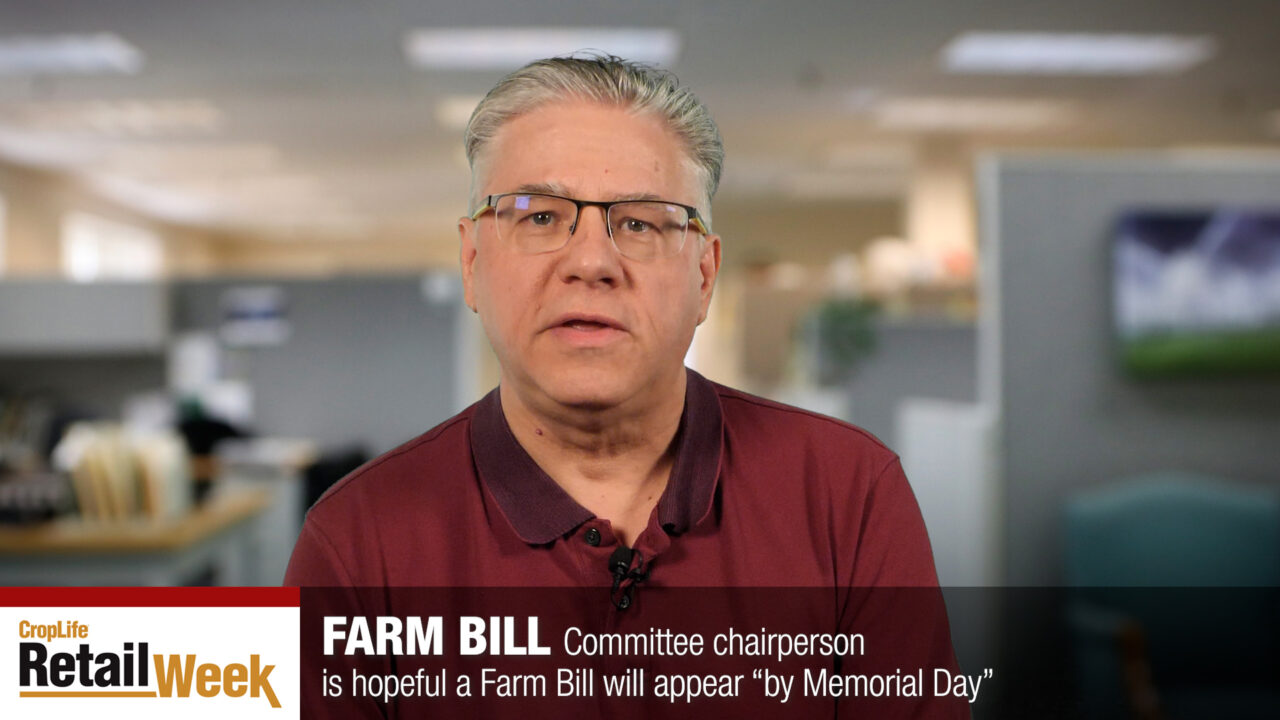REUTERS: Anti-GMO ‘Scientist’ Calls For New Review Of Glyphosate
EDITORS NOTE: We feel that it is important to note that there are those that believe one of the lead scientists in this study, Chuck Benbrook, has financial ties to pro-organic companies like Whole Foods Market, and Benbrook was previously employed as a “chief scientist” from 2006-2012 by The Organic Center, an NGO that The Genetic Literacy Project claims is funded by the organic industry. The Genetic Literacy Project also takes issue with Benbrook “misrepresenting” himself as a current Washington State University researcher when he was in fact let go by the University back in May 2015. Benbrook is reportedly currently an unpaid adjunct in WSU’s Department of Crops and Soil. Link to The Genetic Literacy Project’s many issues with Benbrook: http://www.geneticliteracyproject.org/glp-facts/charles-benbrook-organic-researcher-key-anti-gmo-critic-separated-washington-state/.
U.S. regulators have relied on flawed and outdated research to allow expanded use of an herbicide linked to cancer, and new assessments should be urgently conducted, according to a opinion column published in the New England Journal of Medicine on Wednesday, reports Carey Gillam with Reuters.
There are two key factors that necessitate regulatory action to protect human health, according to the column: a sharp increase in herbicide applied to widely planted genetically modified (GMO) crops used in food, and a recent World Health Organization (WHO) determination that the most commonly used herbicide, known as glyphosate, is probably a human carcinogen.
The opinion piece was written by Dr. Philip Landrigan, a Harvard-educated pediatrician and epidemiologist who is Dean for Global Health at the Mount Sinai Medical Center in New York, and Chuck Benbrook, an adjunct professor at Washington State University’s crops and soil science department.
“There is growing evidence that glyphosate is geno-toxic and has adverse effects on cells in a number of different ways,” Benbrook said. “It’s time to pull back … on uses of glyphosate that we know are leading to significant human exposures while the science gets sorted out.”
The column argues that GMO foods and herbicides applied to them “may pose hazards to human health” not previously assessed.
“We believe that the time has therefore come to thoroughly reconsider all aspects of the safety of plant biotechnology,” the column states.
The authors also argue that EPA has erred in recently approving a new herbicide that uses glyphosate because it relied on outdated studies commissioned by the manufacturers and gave little consideration to potential health effects in children.
Read the full story from Reuter’s Gillam here.






